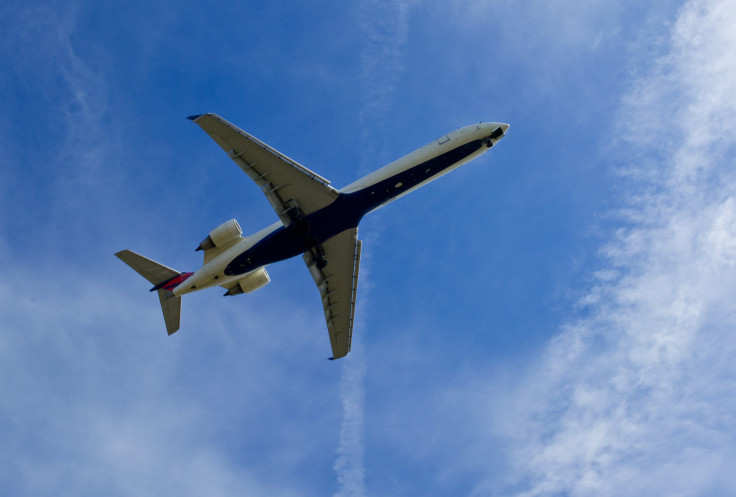Consumers Could Lose $6.7 Billion In Costs Without Airfare Transparency, Study Says

The ability to compare airfares on online travel agencies (OTAs) like Kayak.com and Skyscanner.com is a necessity for travel consumers looking for the best price. When some airlines pull their data from these OTAs -- as Delta and Southwest have done in some cases -- that's bad news for your wallet. And a new study puts a price tag on the amount of money consumers stand to lose: $6.7 billion, or an average of $30 per individual ticket.
The study, "Benefits of Preserving Consumers' Ability to Compare Airline Fares," was conducted by Yale economics professor Fiona Scott Martin and commissioned by the Travel Technology Association, a trade group representing OTAs like Priceline, Expedia, CheapOAir, Orbitz and others.
"Preserving the competitive benefits of consumers’ ability to access comparative and transparent information on prices and schedules of major U.S. airlines is more important than ever,” Morton writes. “At a time when independent, transparent comparison shopping is most needed, some airlines are attempting to restrict access to their fare and schedule information, reduce the ability of consumers to easily compare prices, and drive travelers to their own websites, which do not offer price comparisons with other airlines.”
The study pointed to three ways in which consumers will suffer if other airlines follow Southwest's and Delta's lead:
Higher ticket prices: Restricting access to flight information would result in an 11 percent increase of ticket pries for leisure and unmanaged business travelers. That's about $30 on average per ticket. Morton expects that to total about $6.7 billion in airfare each year.
Reduced competition: When airlines don't let OTAs access fare information, it makes comparison shopping that much harder, said Martin. It could even result in up to 41 million people choosing not to fly.
Barriers for smaller airlines: The ability to comparision shop allows smaller, newer players to enter the market and helps them compete on a level playing field, said Martin. If this comparision ability is limited, it makes it harder for new entrants to thrive and help keep prices low.
To combat these effects, the Travel Technology Association has submitted its findings to the U.S. Department of Transportation for review.
"Of course we’d like to work closely with airlines [to resolve the situation]," said Warren Chang, a vice president at Fly.com, one of the OTAs represented by the Travel Technology Association. "But absent action from the airlines, we would like the DOT to review these practices and protect the consumer interest."
© Copyright IBTimes 2024. All rights reserved.





















